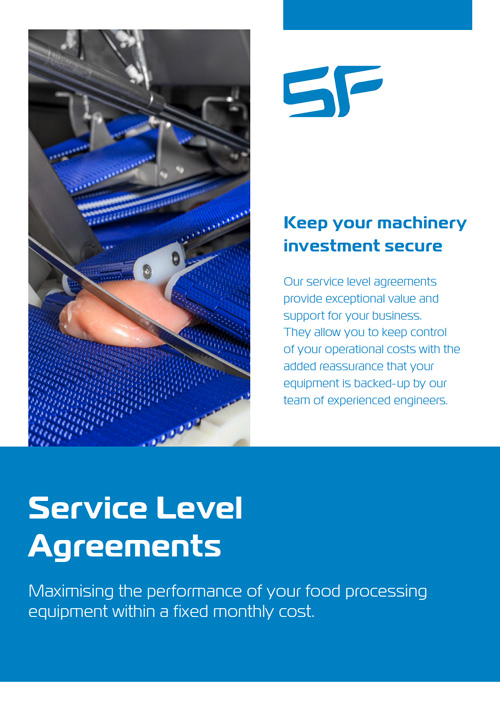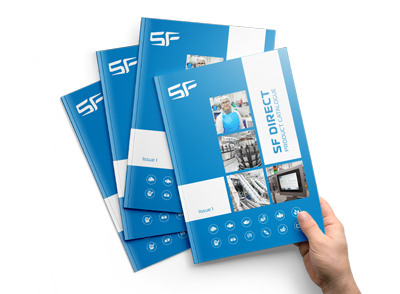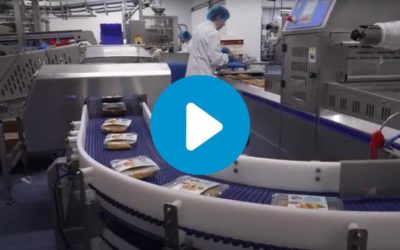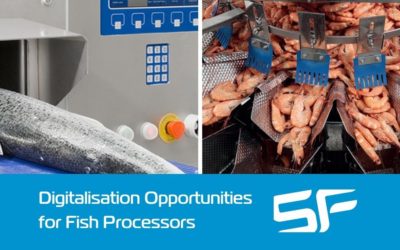How Consultancy Services Help Address Food Manufacturing Challenges – Q&A With Richard Smith
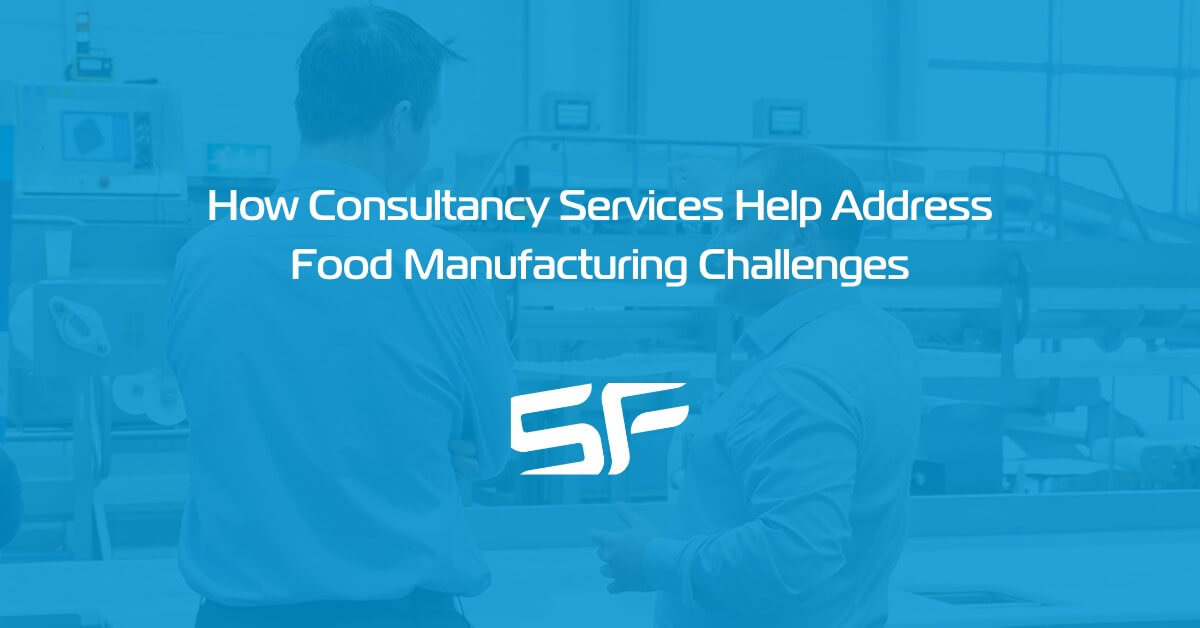
Consultancy is central to the services that we provide to manufacturers in the food industry, particularly those in the protein sector. In this latest Q&A with Richard Smith, SF Engineering General Manager, we explore the main challenges currently facing the food manufacturing industry, the importance of consultancy services, and how consultancy works in practice.
Food Manufacturing Challenges
What are the main challenges that food manufacturers in the protein sector are working to overcome?
Richard: “One of the big challenges for the food manufacturing industry, and particularly in the protein sector, is labour availability.
“It’s a combination of the availability of workers around all the things that have happened in the world over the last period, but it is also the skill level of workers. Trying to get the right type of skilled people has become a lot more difficult. So, it’s not just automation because manufacturers can’t get people, but also having operations run in such a way that you reduce the skill level required to do certain jobs and use your skilled people where they add the most value.
“The second big challenge is the rising cost of raw materials. That’s really affected the food manufacturing industry and it’s made things more challenging in that every small percentage of yield and every small percentage improvement in raw material utilisation is having a significant impact. Every little piece counts across the manufacturing process.
“Another big challenge is the whole volatility around energy and consumable supply. We’ve all seen this personally over the last period, but it’s on a larger scale when you’ve got chillers, refrigeration plant, all that type of equipment, it all takes a lot of power to run.
“There’s also a drive to become more sustainable and environmentally friendly, so there are a lot of things manufacturers have got to work hard to overcome.
“Then there is equipment to consider. A lot of components are becoming harder to get hold of, so obsolescence has become a bigger thing. Whereas you might have struggled on because you knew you’d be able to get a replacement PLC, for example, now those lead times might have pushed out to months. Getting equipment where manufacturers can get better support comes into it as well.”
Importance of Consultancy Services
What is the importance of expert consultancy services to ensure food manufacturers overcome these challenges and achieve their objectives in major capital investment projects?
Richard: “The food industry is very demanding, it’s very fast-paced, and there are a lot of pressures, but it’s also a very resilient industry. The people who work in the food industry are really good at reacting to and overcoming various challenges. Where consultancy comes in is helping them understand the whole picture around what they’re looking to do.
“So, our individual customers are experts in their particular processes and their factory, but we bring a balance to that with an understanding of what’s possible in different scenarios across the industry. This adds value and leads to many of the really innovative and creative ideas that solve specific project challenges and objectives.”
Consultancy in Practice
Describe how consultancy works in practice when SF Engineering is involved in a significant production line improvement project for food processors in the protein sector. When do you get involved, what contribution do you make, and how does that contribution benefit the project?
Richard: “We can get involved as early as possible. We do a lot around the initial feasibility of the ideas. Is this possible? How can I do this? Is this even practical to do?
“There is the technical part – is it technically possible? But it goes beyond that as process understanding is also required because, quite often, there would be technical ways of doing something that just won’t work in a particular factory. That could be down to space or to the impact on wider processes.
“So, it is part process engineering and understanding, it’s part mechanical and systems engineering to understand what’s physically possible, and it is part project management to understand what would need to happen to do something like this.”
Adding Value
At what stage of a capital investment project should food processors engage with the SF Engineering team? In other words, at what stage of the project can SF Engineering offer insights and add value?
Richard: “We can add value right through from the initial, conceptual ‘is this possible’ stage, and we can add value later if we’re getting involved part way through a project. Whether that is the project as a whole or certain parts of the project, SF Engineering’s consultancy expertise can help.”
